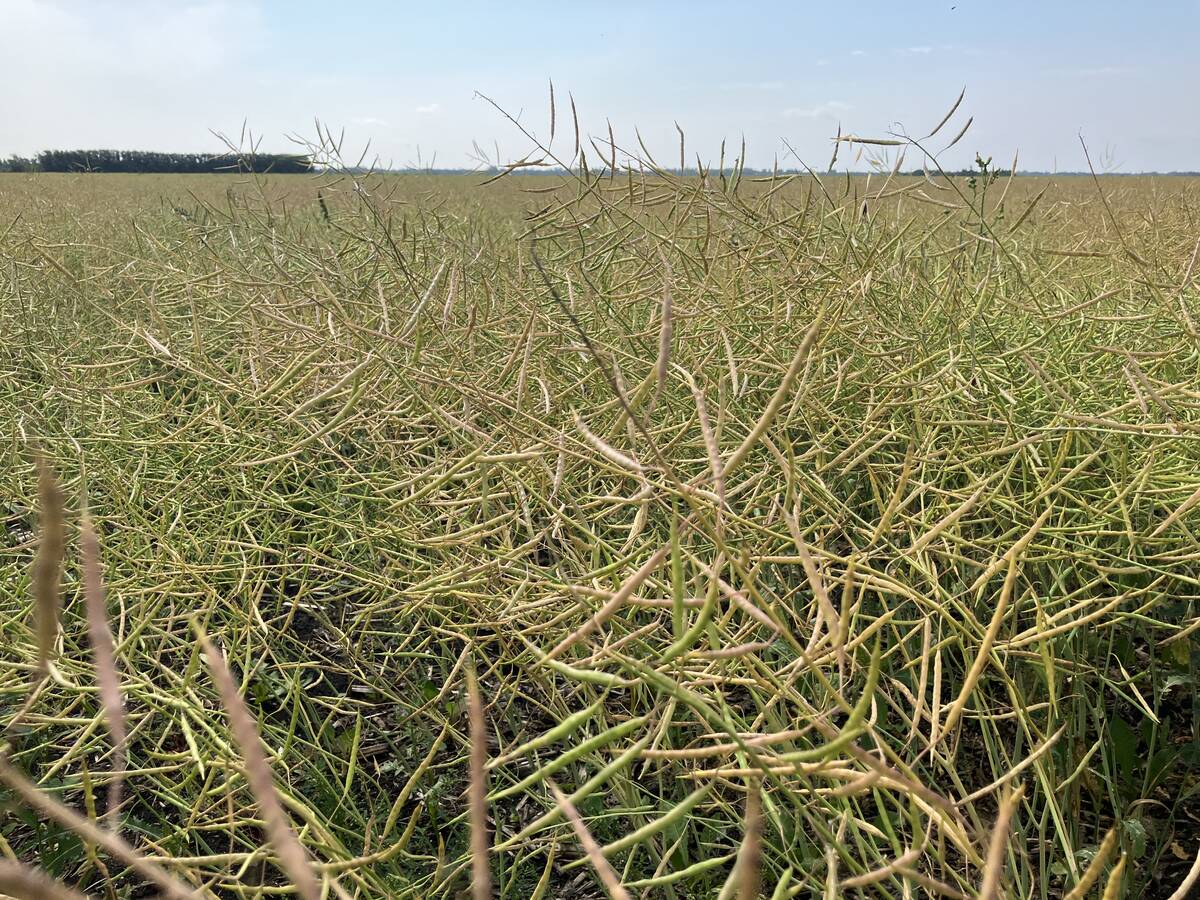SASKATOON (Staff) – Throwing yourself into the jaws of death just to feed cattle isn’t a good idea, but it’s something many farmers do when they’re surprised by a flood, says Wayne Marr, Saskatchewan’s emergency planning co-ordinator.
“Somebody (sees he) is going to lose money, then they lose patience, and then before you know it you’ve got a real problem on your hands.”
Marr said farmers often remain unconcerned as flood waters slowly but steadily rise above their banks. Eventually, they find themselves in the same situation as the proverbial frog floating in the pot on the stove, unaware he is being boiled alive.
Read Also

South American soybeans will have less impact on canola
South American production will, as usual, affect the global oilseed market, but Canadian canola is on the outside looking in until it can get China back or find alternative buyers.
“Before they know it they’re in a situation where they have to call in assistance,” he said.
The sudden panic, especially when a farmer sees his costly cattle threatened or his fertilized fields washed clean, can lead to hasty and stupid decisions, Marr said.
To prevent this from happening, his agency recently co-ordinated an emergency airlift of hay bales to 11 cattle stranded on a thin bar of land in what had become a mile-wide river in the Qu’Appelle Valley.
Indian Affairs, the federal agency responsible for Indian agriculture, will pay for the operation because the cattle were owned by a member of the Piapot Indian band. The cattle were on a 20-metre-wide bar of land, the only land left from the stubble field on which they were grazing. It took three trips by the helicopter to deliver enough hay to feed the animals and calm the panicky farmer, Marr said.
The expense was worth it, he added, because it prevented a much more expensive scenario from developing.
“I didn’t want to see people out in the river in a boat with a bunch of bales of hay.”
He said he was more concerned about upset farmers doing rash things than he was about the cows.
“I’d be spending an enormous amount of money trying to recover bodies of people floating down the river.”
In another operation, the emergency planning office and the rural municipality of Sherwood, south of Regina, moved 65 cattle off of a farm that was quickly being submerged.














